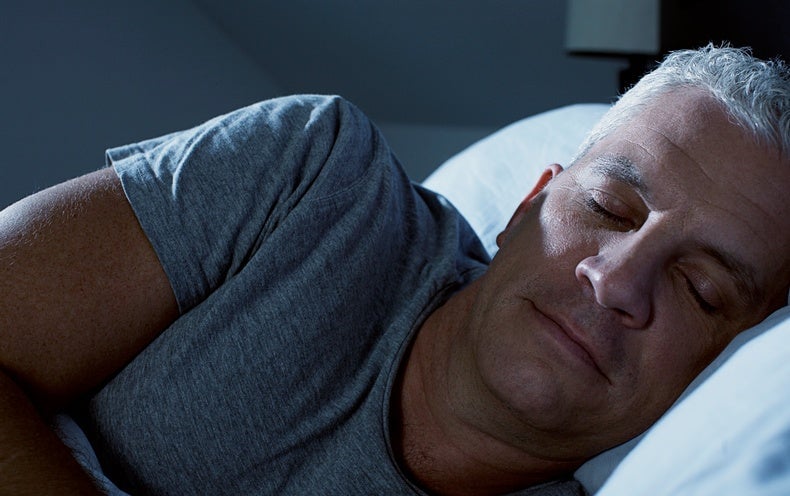A study has concluded that adults should have set bedtimes. The study reveals that people who go to bed between 10 pm and 11 pm have are less likely to develop heart disease. Moreover, sleeping after midnight and before 10 pm increases the risk of heart disease.
According to Dr. David Plans, a study author from the University of Exeter, the body’s circadian rhythm helps regulate mental and physical functioning. The findings show that sleeping too early or too late could affect the Guardian rhythm, thus causing cardiovascular disease.
Dr. Plan also points out that while previous studies have looked into how sleep duration affects heart health, very few have investigated the effect of bedtimes on the heart.
How researchers conducted the experiment
The researchers gathered 88,000 volunteers from the U.K Biobank from 2006 to 2010 between 43 and 79 years old. About 60% of the participants were women. The team then used questionnaires to collect information on the participants’ lifestyles and health. Afterward, they used wrist monitors to gather data on their sleep habits for a week.
About 3.6% of the participants developed heart issues such as chronic ischemic heart disease, heart attacks, heart failure, and stroke throughout the study.
People who slept past midnight were most affected as they were 25% more likely to develop heart disease. Those who slept between 10 pm and 11 pm were the least affected. People who slept before 10 pm, on the other hand, were 24% more likely to develop heart disease.
Bedtimes were more likely to affect women
The researchers also found that men who slept before 10 pm were at a higher risk of heart disease. Despite this, women seemed more affected by bedtimes. The sex difference could be because of endocrine differences.
Dr. Plans explains that the findings give the optimum time to go to bed. Deviation from this range could have detrimental effects on your health. The worst time to go to bed appeared to be past midnight as it reduced the chance of seeing morning light which reprogrammed the body’s biological clock
The team points out that the study could reduce hospital spending as setting bedtimes would prevent heart disease.


